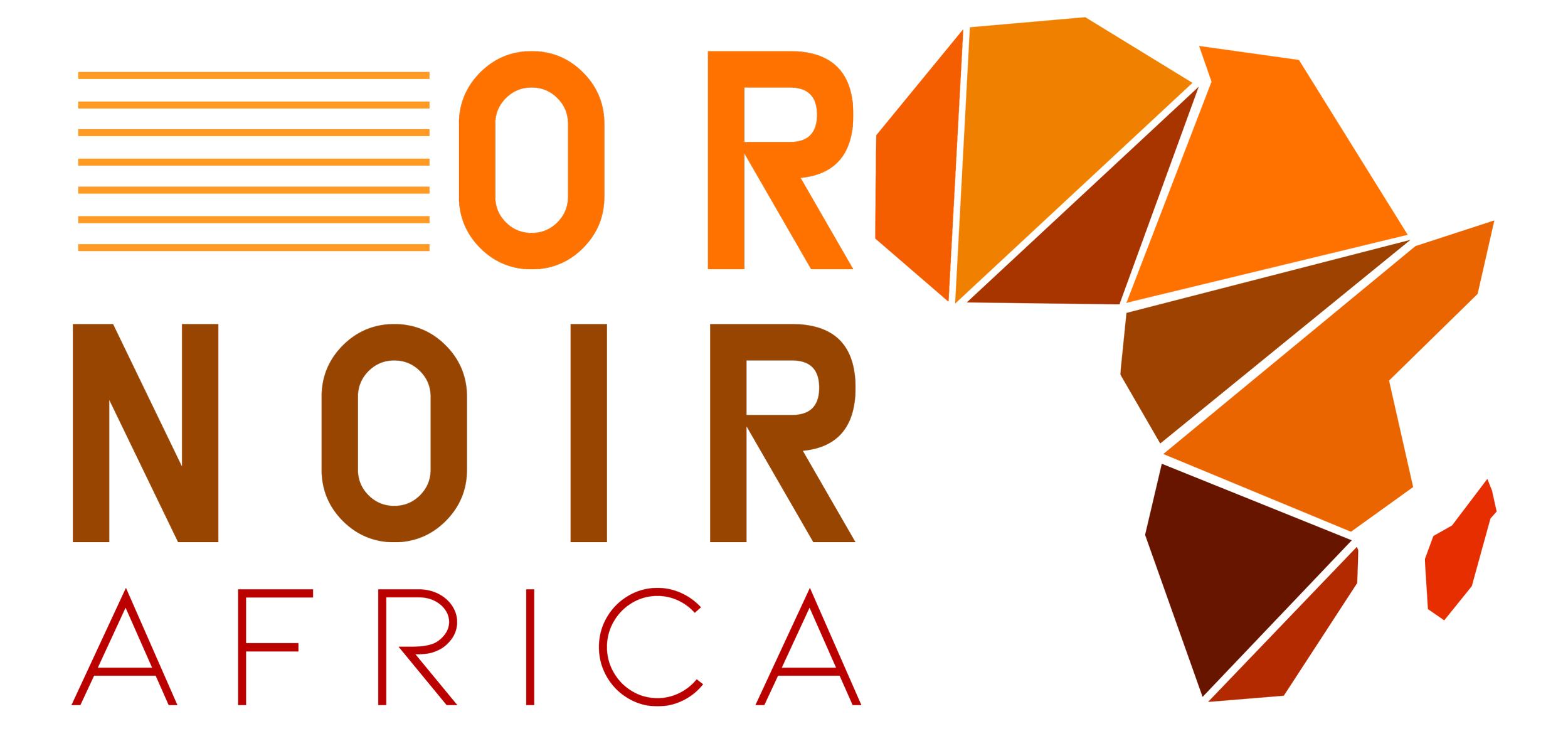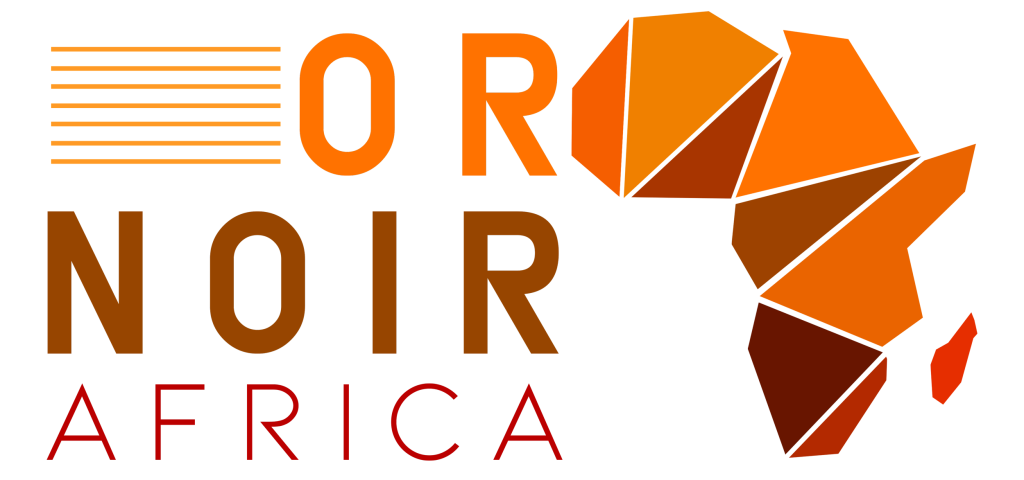Le Sénégal est devenu officiellement un pays producteur de pétrole le mardi 11 juin 2024, avec l’annonce de l’extraction du premier baril de pétrole par une société étrangère dans le champ de Sangomar (Projet Sangomar). L’opérateur Woodside, une entreprise australienne basée à Perth, détient 82 % des parts et la Société des pétroles et du Sénégal (Petrosen) 18 %. D’après le Document de programmation budgétaire et économique pluriannuelle (DPBEP) 2025-2027 publié en juin 2024 par le ministère des Finances et du Budget, le gouvernement du Sénégal prévoit une croissance économique rapide en 2024, qui pourrait atteindre 7,3 %, grâce à la production de pétrole du champ Sangomar, situé à environ 100 km des côtes dakaroises. Le pays espère engranger 30 milliards de dollars US de dollars US sur 30 ans grâce à l’exploitation des gisements d’hydrocarbures.
Bertrand Tchanche a étudié le système énergétique et la consommation d’énérgie du Sénégal. Il explique à les avantages, les risques liés à l’exploitation du pétrole pour le Sénégal et les moyens pour les atténuer.
Quels avantages le Sénégal devrait-il, selon vous, tirer de l’exploitation de ses ressources pétrolières et gazières ? Pourriez-vous les décomposer en termes d’économie globale (PIB), de recettes publiques (fiscales) et d’emplois ?
Il y a forcément des avantages à exploiter ses ressources naturelles pour un pays, mais tout dépend de la gouvernance en place et des forces en présence. Le contexte géopolitique est lui aussi important. Il y a eu beaucoup de découvertes ces dernières années en Afrique : au Niger, en Ouganda, au Mozambique, en Côte d’Ivoire… le continent africain est très riche.
Cependant, ces découvertes coïncident avec “la transition énergétique” que les pays développés tentent d’impulser ou d’imposer au reste du monde. Une transition qui n’en est pas une dans les faits car les chiffres montrent bien le contraire… Les énergies fossiles sont toujours en progression et auront encore un bel avenir devant elles. D’après les données de l’Agence Internationale de l’Energie basée à Paris, en France, on voit que la demande en énergies fossiles est encore croissante. La demande en ce qui concerne le pétrole est passée de 70 millions de barils par jour en 2000 à environ 100 millions de barils par jour en 2023. La même tendance haussière est observée pour le gaz (2600 à 4200 milliards de mètres cubes et le charbon (3200 à 5600 mégatonnes d’équivalent charbon (Mtce)).
En termes de recettes, c’est environ 700 milliards de FCFA par an (près de 1,147 milliards de dollars US) annoncés. Le gouvernement sur le court terme a annoncé des recettes de l’ordre de 576,3 milliards FCFA sur la période 2025-2027, réparties comme suit pour les trois années à venir : 127,7 milliards FCFA en 2025, 205,4 milliards FCFA en 2026 et 243,2 milliards FCFA pour 2027.
L’un des avantages sera probablement le rééquilibrage sur le long terme de la balance commerciale et du budget qui sont déficitaires avec de nouveaux revenus issus de l’exploitation des gisements de gaz et de pétrole. Mais il apparaît que le déficit budgétaire est très élevé, près de 800 milliards de FCFA (3 % du PIB). Le début de l’exploitation du pétrole coïncide avec la pression du Fonds monétaire international (FMI) qui enjoint aux gouvernements africains de supprimer les subventions sur les hydrocarbures.
Notons qu’une partie du déficit budgétaire est due à ces subventions qui permettent de maintenir une certaine justice sociale. Obéir aux injonctions du FMI signifierait privilégier le service de la dette et accroître l’inflation avec comme corollaire un coût élevé de la vie avec ses effets néfastes sur la population et les tensions sociales qui en découleraient. Le Nigeria est actuellement plongé dans une crise économique sans précédent à cause d’une mesure similaire adoptée par le nouveau président Bola Tinubu élu en mars 2023. La majorité des Nigerians ont plongé dans la pauvreté avec un taux d’inflation au-dessus de 30%.
Il y aura un petit effet sur les emplois directs où quelques milliers de personnes seront recrutées, mais c’est une goutte d’eau dans l’océan. Notons que le taux de chômage dans la population est de 22% mais bien au-dessus en ce qui concerne l’emploi des jeunes.
On peut s’attendre à des investissements dans différents secteurs, notamment ceux jugés prioritaires comme la santé, l’éducation, l’énergie, l’assainissement. Toutefois, le nouveau gouvernement doit encore travailler pour définir les projets et leur inclusion dans une programmation pluriannuelle. Il y a un déficit d’investissements visible dans les secteurs comme la santé, les transports ou l’éducation.
Quels sont les autres avantages ?
Il y a des avantages politiques : nouveaux partenaires, plus de moyens pour sa politique étrangère, augmentation de l’attractivité du pays. La géopolitique régionale s’en trouve modifiée du fait du partage de certains gisements avec les pays voisins comme la Mauritanie. Dans la perspective de la vente du gaz naturel liquéfié à l’international et de l’éventuelle connexion à un potentiel gazoduc vers l’Europe à partir du Nigeria, le Sénégal aura un rôle à jouer.
L’exploitation du pétrole et du gaz peut aussi constituer un réel motif pour revendiquer ou affirmer sa souveraineté. C’est sous ce prisme qu’il faut comprendre la renégociation des contrats voulue par les nouveaux dirigeants. En trame de fond, intervient la question du franc CFA car sans banque centrale, il est difficile de mettre en oeuvre une quelconque politique. Il faut avoir la clé du coffre.
Question importante : comment dans un contexte d’absence de souveraineté monétaire un pays peut-il s’en sortir sur le plan économique? Rappelons-nous, la dévaluation de franc CFA de 1994. Du jour au lendemain, on impose une dévaluation, et depuis les économies des pays dans les deux zones ont été affaiblies. Le déficit de la balance commerciale s’est creusé un peu partout. Ce fut un coup de frein à l’évolution économique de ces pays qui venaient de subir le programme d’ajustement structurel (PAS).
Combien de temps faudra-t-il pour que ces bénéfices soient pleinement réalisés ? Et pourquoi cela prendra-t-il autant de temps ?
Les bénéfices peuvent être rapides. Tout dépend de la politique gouvernementale. Si on demande d’attendre alors que les premiers barils sont déjà là, c’est comme si on demandait aux Sénégalais de ne pas compter sur le pétrole. On n’a pas à attendre, les urgences sont nombreuses. Il faut mettre en place des mécanismes qui permettent de réinvestir les bénéfices dans l’économie et la modernisation du pays.
Cependant, il faut signaler que la production du pétrole démarre dans un pays qui a un déficit budgétaire important, environ 1,2 milliard d’euros. Le gouvernement a déjà prévu d’emprunter jusqu’à 3,5 milliards d’euros par an dans les trois années à venir. Dans ce contexte, il y a le risque que les recettes attendues soient orientées vers le service de la dette au détriment des investissements.
Quels sont les risques économiques auxquels le Sénégal sera probablement confronté en tant qu’exportateur de pétrole et de gaz ?
Il n’y a aucun risque! Vous faites allusion à la théorie de la malédiction des ressources. Mais regardez, dans les pays du Golfe Persique, en Norvège, en Russie, on ne peut pas dire qu’il y a véritablement un risque à exploiter son pétrole. La malédiction c’est ce que l’on veut mettre dans l’esprit des Africains. Il faut que nous comprenions une chose, la vie est un combat et il n’y a pas de jour de repos. Nous devons apprendre d’une part à bien gérer nos ressources et d’autre part à défendre nos intérêts. Jusqu’ici, cela n’a pas été le cas.
Que pensez-vous de la gestion par des pays comme le Gabon ou le Congo-Brazzaville de leur richesse pétrolière ?
Les pays africains ne profitent pas de leurs ressources naturelles pour la plupart. Les exemples sont partout. Parlant du pétrole, on peut citer les cas de la Libye, du Nigeria, ou du Congo. Il en est de même de l’uranium comme c’est le cas au Niger ou de l’or au Mali ou au Burkina Faso. L’Afrique dans l’architecture économique mondiale, et les pays du Sud en général ont un rôle qui leur est dédié, celui de fournir les matières premières aux usines des pays développés qui eux se sont donnés le rôle de manufacturier. Dès lors, tout est mis en place pour que ce déséquilibre persiste, et c’est à ce prix que le capitalisme survit.
Quelles mesures politiques le Sénégal peut-il mettre en œuvre pour gérer ou atténuer ces risques ?
Si on parle de risque de guerre, de tensions politiques en interne ou avec les pays voisins, ou de détournements de recettes, cela ne doit pas surprendre. Car il y a une grosse manne en jeu et les protagonistes se battront pour prendre ce qu’ils veulent. Il revient aux politiques et à toutes les forces en interne de placer l’intérêt du pays en premier. C’est dans la cohésion et l’unité que les Sénégalais pourront tirer profit des ressources de leur sous-sol.
Devant les intérêts supérieurs de la nation, les acteurs internes doivent pouvoir comprendre les enjeux et faire bloc. C’est dans l’unité qu’une nation peut faire face à ses ennemis et aucune force extérieure ne peut s’imposer sans les complicités en interne. Beaucoup de conflits autour du contrôle des ressources sont le fait des acteurs placés à l’extérieur et qui agissent par groupes interposés pour déstabiliser et piller des territoires.
Source : The Conversation


